
Digital marketing strategies to Boost Your Business
Digital marketing strategies
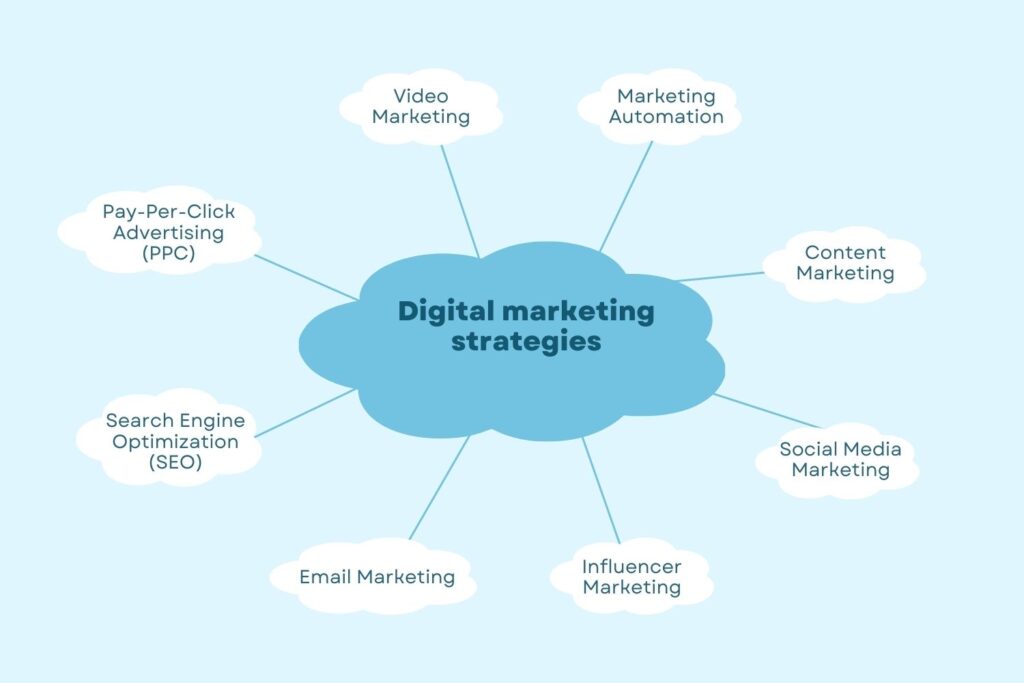
In today’s fast-paced digital landscape, businesses need more than just a presence—they need a plan. A well-crafted marketing strategy is essential for cutting through the noise, standing out from competitors, and driving meaningful growth. By leveraging the right tactics, you can not only elevate your brand’s visibility but also create lasting connections with your audience and boost your return on investment (ROI).
Here are 8 proven Digital marketing strategies designed to transform your approach, engage your customers, and deliver measurable results for your business.
1. Search Engine Optimization (SEO)
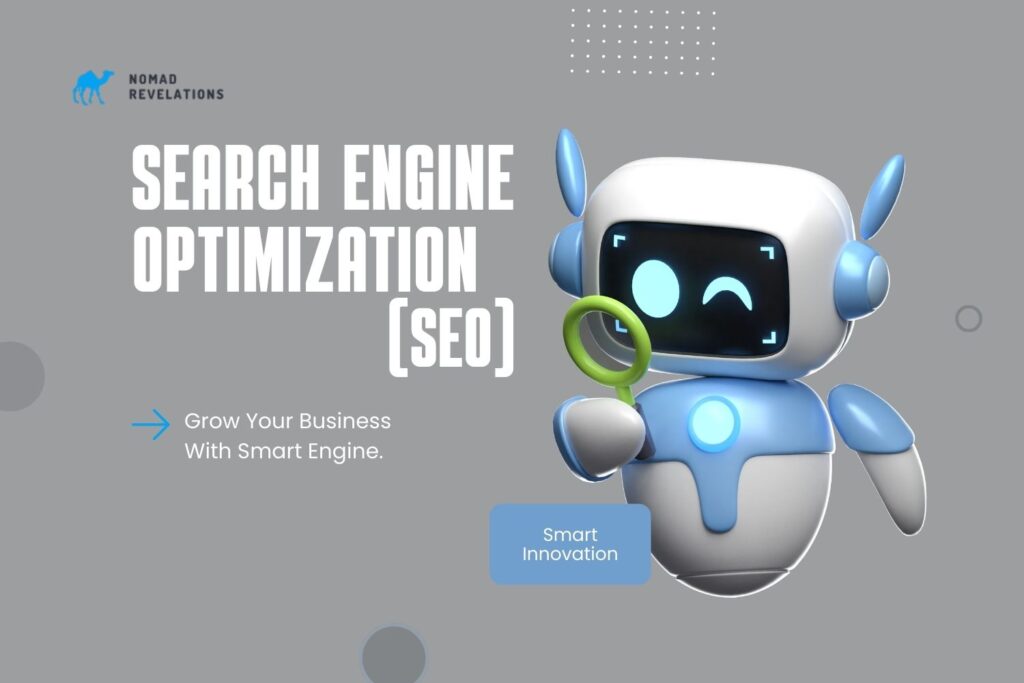
Search Engine Optimization (SEO) is the cornerstone of online visibility, ensuring your website ranks higher in search engine results for relevant queries. Think of SEO as your digital compass, guiding potential customers to your site when they’re searching for the products or services you offer.
Why is SEO Important?
A well-optimized website attracts organic traffic, which means you’re bringing in visitors without paying for ads. Incorporating effective digital marketing strategies ensures your site ranks higher in search results, making it appear more credible and trustworthy to users—leading to better engagement and conversions.
How to Ace SEO:
- Keyword Research: Identify the terms your target audience is searching for and strategically integrate them into your content, titles, and meta descriptions. Use tools like Google Keyword Planner or Ahrefs for guidance.
- High-Quality Content: Create valuable, informative, and engaging content that answers your audience’s questions and keeps them coming back.
- Mobile Optimization: Ensure your website is responsive and delivers a seamless experience across all devices, especially mobile phones.
- Technical SEO: Improve your website’s speed, fix broken links, and use a clean URL structure to make it easier for search engines to crawl and index your site.
- Backlink Building: Gain credibility by earning links from reputable websites, signaling to search engines that your content is valuable.
Tip: Use tools like Google Analytics to track performance and adjust your strategy.
With SEO, you’re not just improving visibility—you’re building a sustainable foundation for long-term digital success.
2. Content Marketing
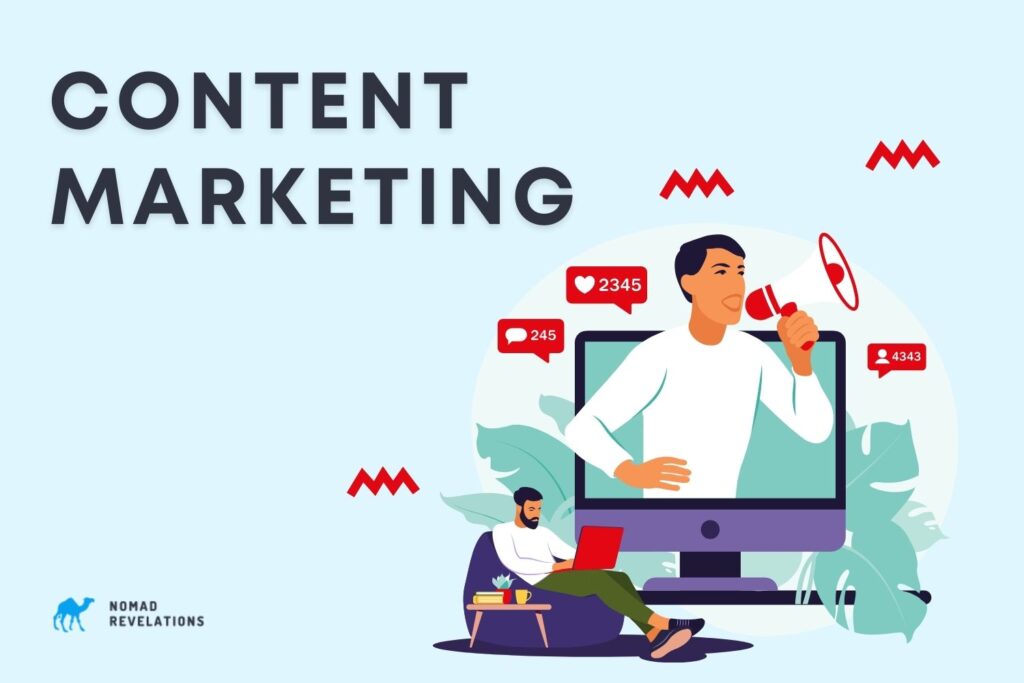
Content is king! By creating valuable, engaging, and consistent content, you can attract and retain a clearly defined audience.
Why Content Marketing Works
In a world where consumers are bombarded with advertisements, digital marketing strategies like content marketing stand out by offering value first. By answering questions, addressing pain points, or providing entertainment, you foster loyalty and establish a deeper connection with your audience.
Types of Content to Create:
- Blogs: Write informative articles addressing common industry questions or providing actionable tips.
- Example: “10 Ways to Boost Your Website Traffic in 2024.”
- Videos: Create how-to guides, product demos, or behind-the-scenes videos.
- Infographics: Use visuals to simplify complex topics or highlight statistics.
- E-books and Whitepapers: Offer in-depth resources on specialized topics in exchange for email sign-ups.
- Social Media Posts: Share bite-sized tips, quotes, or engaging visuals that resonate with your audience.
- Case Studies: Showcase your success stories and how you’ve helped customers achieve their goals.
Steps to Build an Effective Content Marketing Strategy:
- Know Your Audience: Understand your target market’s challenges, preferences, and interests to create content that resonates.
- Set Goals: Whether it’s increasing website traffic, generating leads, or boosting conversions, define clear objectives.
- Create a Content Calendar: Plan your content topics and posting schedule to ensure consistency.
- Optimize for SEO: Incorporate relevant keywords to make your content easily discoverable by search engines.
- Promote Your Content: Share your content across social media, email newsletters, and other platforms to maximize its reach.
Pro Tip:
Engage your audience with storytelling. People connect with stories more than sales pitches, so share experiences, testimonials, or narratives that highlight your brand’s human side.
When done right, content marketing doesn’t just attract an audience—it keeps them coming back for more and turns them into loyal advocates for your brand.
3. Social Media Marketing
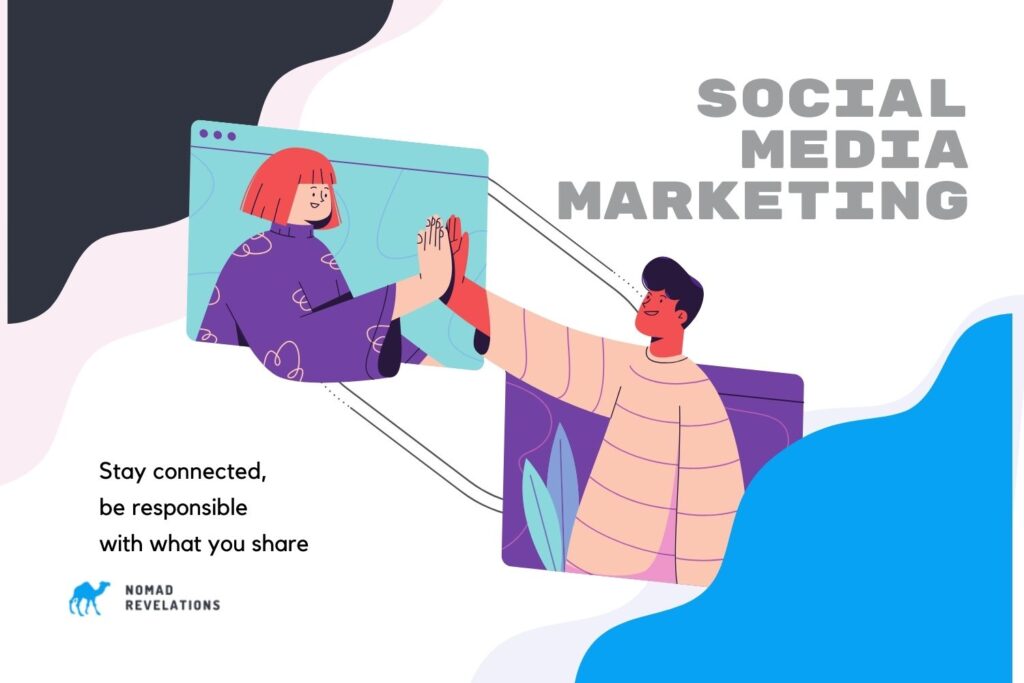
Social Media Marketing uses platforms like Facebook, Instagram, LinkedIn, and TikTok to connect with your audience, promote your brand, and drive engagement. It’s a dynamic way to share content, run targeted ads, and build relationships through comments, likes, and direct messages.
Why It’s Effective:
Social media allows real-time interaction and feedback while reaching users where they spend their time. It’s ideal for growing brand awareness, fostering loyalty, and driving traffic to your website.
Key Tactics:
- Create Engaging Content: Post regularly on platforms like Facebook, Instagram, LinkedIn, or TikTok.
- Run Targeted Ads: Use detailed audience targeting to maximize ROI.
- Leverage Analytics: Track performance and refine strategies using platform insights.
- Collaborate with Influencers: Partner with influencers to reach their engaged followers.
Social media is about building community, sparking conversations, and creating opportunities for growth.
Pro Tip: Leverage reels and stories to boost engagement.
4. Pay-Per-Click Advertising (PPC)
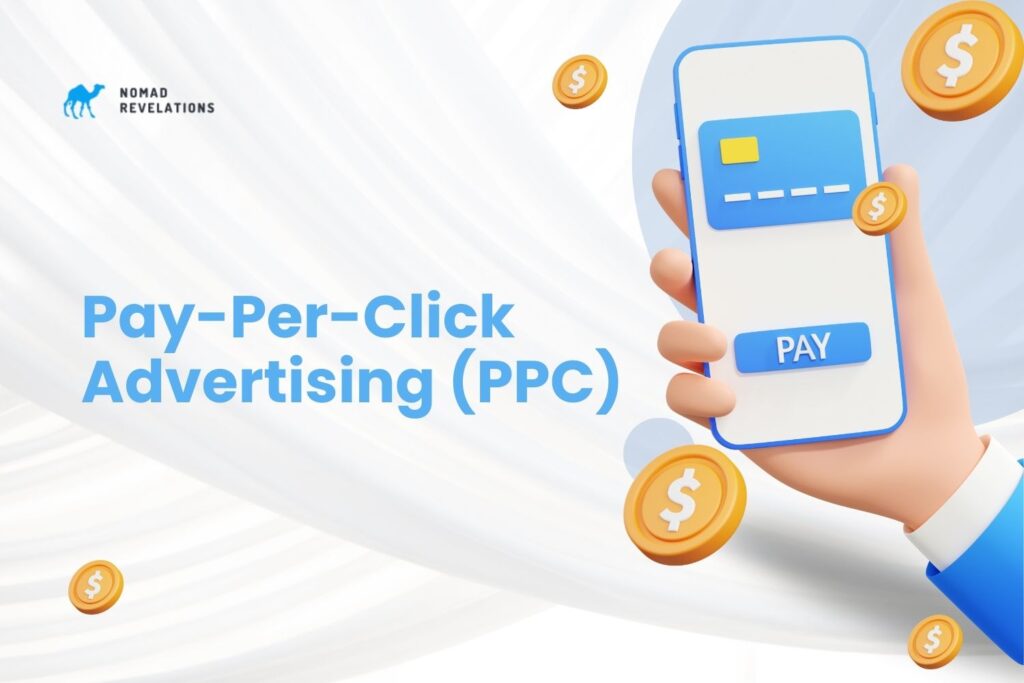
Pay-Per-Click (PPC) advertising is a cost-effective way to drive traffic by paying only when users click your ads. Platforms like Google Ads, Facebook, and Bing allow businesses to target specific audiences with tailored messages.
Why PPC Works:
It delivers immediate visibility at the top of search results and reaches audiences actively searching for your products or services. Plus, with digital marketing strategies like PPC, you control your budget, keywords, and ad placements.
Key Tactics:
- Keyword Targeting: Use high-intent keywords to capture interested buyers.
- Ad Optimization: Write compelling headlines and descriptions with clear calls to action.
- Remarketing Campaigns: Re-engage users who’ve interacted with your site.
- Performance Tracking: Use tools like Google Ads to monitor clicks, impressions, and conversions.
PPC is ideal for businesses seeking quick results and measurable ROI while complementing long-term marketing efforts like SEO.
Insight: Even a small budget can drive significant traffic when targeted correctly.
5. Email Marketing

Email marketing remains one of the most cost-effective digital marketing strategies to nurture leads and engage with your audience. By sending personalized, targeted messages directly to their inbox, you can build relationships, promote offers, and drive conversions.
Why It’s Powerful:
With an average ROI of $42 for every $1 spent, email marketing offers unmatched value. It’s perfect for reaching your audience with tailored content based on their preferences and behavior.
Key Tactics:
- Segment Your List: Group subscribers based on interests or purchase history for personalized emails.
- Use Engaging Subject Lines: Capture attention with creative, action-driven headers.
- Include Clear CTAs: Encourage recipients to take specific actions, like visiting your site or redeeming a discount.
- Automate Campaigns: Use tools like Mailchimp or ActiveCampaign to send timely, pre-scheduled emails.
Pro Tip: Regularly analyze metrics like open rates, click-through rates, and conversions to refine your strategy and keep your emails engaging.
Stat: Email marketing delivers an average ROI of $42 for every $1 spent.
6. Influencer Marketing

Influencer marketing leverages partnerships with individuals who have a strong online presence and influence over your target audience. By promoting your products or services through trusted influencers, you can tap into their engaged followers to build brand awareness and credibility.
Why It’s Effective:
People trust recommendations from influencers they follow, making influencer marketing a powerful digital marketing strategy for driving engagement, increasing sales, and building trust.
Key Tactics:
- Choose the Right Influencers: Focus on those who align with your brand values and have followers in your niche.
- Prioritize Authenticity: Work with influencers who genuinely resonate with your product for authentic recommendations.
- Use Micro-Influencers: Smaller influencers with highly engaged audiences often deliver better results at a lower cost.
- Track Results: Measure the campaign’s impact using metrics like reach, engagement, and conversions.
Pro Tip: Collaborate on creative content ideas with influencers to ensure their audience stays engaged while showcasing your brand naturally.
7. Video Marketing
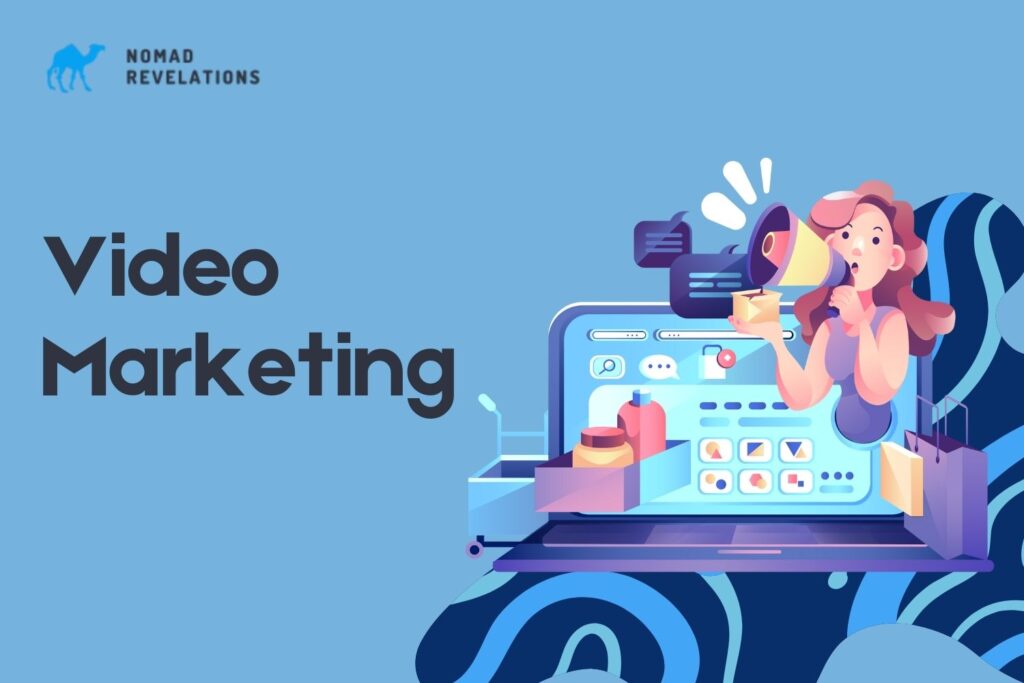
Video marketing uses engaging videos to promote your products, share your story, and connect with your audience. From tutorials and testimonials to product demos and behind-the-scenes clips, videos are a powerful way to deliver information while keeping viewers entertained.
Why It’s Effective:
Video content grabs attention, conveys messages quickly, and boosts engagement. As a key part of digital marketing strategies, it also increases conversions—viewers are 80% more likely to make a purchase after watching a product video.
Key Tactics:
- Create How-To Videos: Educate your audience on using your products or services.
- Leverage Social Media: Share short, engaging videos on Instagram, TikTok, and YouTube.
- Add Video to Your Website: Include videos on landing pages to increase time on site and conversions.
- Use Live Streams: Host live Q&A sessions or events to connect with your audience in real-time.
Pro Tip: Optimize videos for SEO by adding descriptive titles, captions, and tags to improve their visibility on search engines and platforms like YouTube.
Fact: Video content can increase conversion rates by up to 80%.
8. Marketing Automation
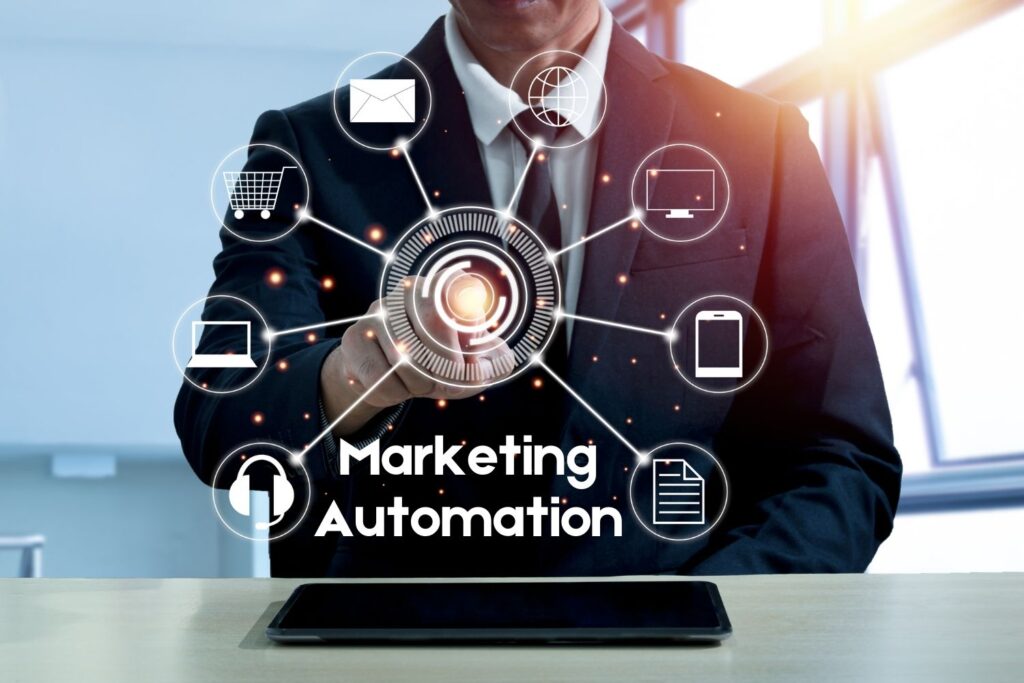
Marketing automation streamlines repetitive tasks like email campaigns, social media posting, and lead nurturing, allowing businesses to focus on strategy and creativity. Using tools like HubSpot, Mailchimp, or ActiveCampaign, you can automate workflows to engage with your audience at the right time, with the right message.
Why It’s Effective:
Automation saves time, reduces errors, and ensures consistent communication across all customer touchpoints. It also helps personalize interactions, making customers feel valued and understood.
Key Tactics:
- Email Sequences: Automatically send welcome emails, follow-ups, or promotions based on user actions.
- Lead Scoring: Identify high-priority leads based on behavior and engagement.
- Social Media Scheduling: Plan and automate posts to maintain an active online presence.
- Data-Driven Insights: Use analytics to track campaign performance and refine strategies.
Pro Tip: Start small by automating one or two key processes, then gradually expand to more complex workflows as you become familiar with the tools.
Benefit: Automation allows you to focus on strategy while the tools handle repetitive tasks.
Conclusion:
The right digital marketing strategies depends on your business goals, target audience, and resources. Whether you’re just starting or looking to scale, these 8 strategies can help you build a solid foundation for success.
Ready to transform your marketing game? Contact us today and let’s create a custom plan tailored to your needs!




